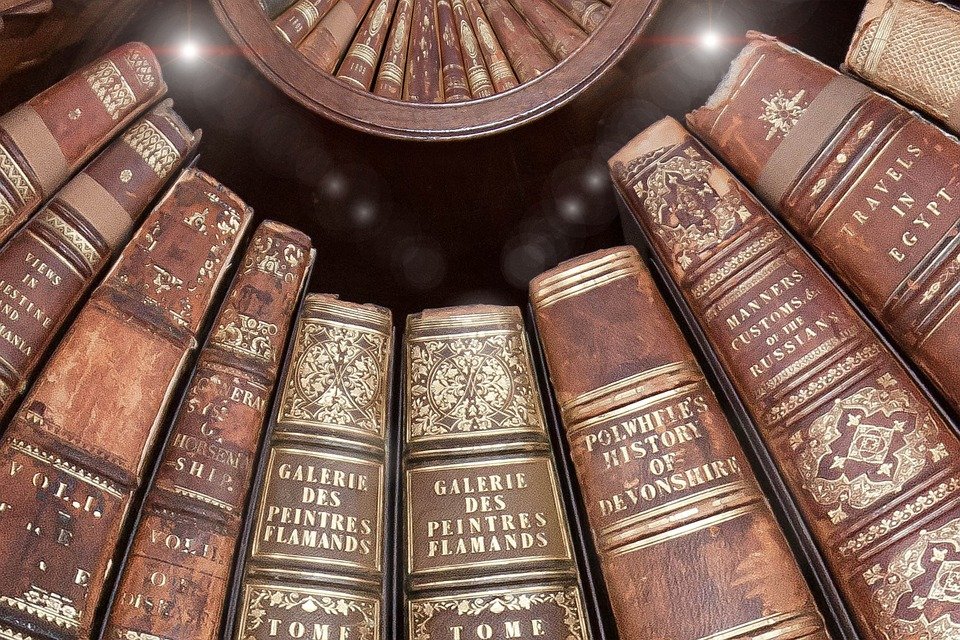A Comprehensive Exploration of Historiography
Historiography, a word that might sound intimidating at first, is simply the study of how history is written. It's not just about memorizing dates and events; it's about understanding the who, what, when, where, why, and how of historical scholarship. It's about delving into the minds of historians, uncovering their biases, methodologies, and interpretations of the past. In essence, it's about understanding how the past is constructed and used in the present.
Unpacking the Layers: Key Concepts in Historiography

- Historical Schools: Imagine different lenses through which you view the world. Historical schools are similar, representing distinct approaches to interpreting the past. From Marxist analysis focusing on class struggle to Annales School emphasizing long-term societal trends, these schools offer diverse perspectives on historical events.
- Historical Sources: The building blocks of history, sources can be anything from written documents and artifacts to oral histories and social media posts. Historians critically analyze these sources, evaluating their authenticity, bias, and limitations to uncover the truth they hold.
- Historical Methods: Just like detectives have their tools, historians have their methods. Oral history interviews, statistical analysis, and textual criticism are just a few examples of the techniques used to extract meaning from the past.
Through the Eyes of Giants: Famous Historians and their Legacies
- Thucydides: Often considered the "father of scientific history," Thucydides, a 5th-century BC Athenian general, emphasized critical analysis and objectivity in his account of the Peloponnesian War. His work set a precedent for future historians, reminding them to avoid personal bias and rely on evidence.
- Edward Gibbon: This 18th-century British historian's monumental work, "The History of the Decline and Fall of the Roman Empire," traced the gradual decline of the Roman world. While his interpretations have been challenged, Gibbon's focus on long-term societal trends and cultural factors paved the way for new approaches to historical analysis.
- Joan Kelly: A pioneer in feminist historiography, Kelly challenged traditional narratives that excluded women's experiences. Her work on the history of the family and women's labor force participation shed light on previously understudied aspects of the past, inspiring a generation of scholars to re-examine history through a gendered lens.
Why Historiography Matters: Relevance in the Present
Understanding how history is written is crucial for several reasons:
- Developing Critical Thinking Skills: By questioning historical narratives and analyzing sources, we learn to be more discerning consumers of information, a valuable skill in our age of misinformation and fake news.
- Empathy and Understanding: Studying diverse historical perspectives fosters empathy for people from different backgrounds and time periods, promoting tolerance and cultural awareness.
- Learning from the Past: Examining past successes and failures helps us make informed decisions in the present and navigate the challenges of our own time.
Historiography is not just an academic pursuit; it's a lens through which we can better understand ourselves and the world around us. By engaging with the methods, theories, and interpretations of the past, we gain a richer, more nuanced appreciation of the human experience and its complexities. So, the next time you encounter a historical text or documentary, remember, it's not just about reciting facts; it's about embarking on a journey of discovery, exploring the how and why behind the stories of our past.
Further Exploration:
Books:
"History: A Very Short Introduction" by Margaret MacMillan, "The History Manifesto" by Jo Guldi and David Armitage
Websites:
American Historical Association (https://www.historians.org/), Stanford History Education Group (https://sheg.stanford.edu/)
Podcasts:
ackStory, Revisionist History, Stuff You Missed in History Class
Remember, this is just a starting point. The world of historiography is vast and ever-evolving, offering endless opportunities for exploration and learning. So, dive in, ask questions, and discover the fascinating ways in which the past shapes our present and future.














































